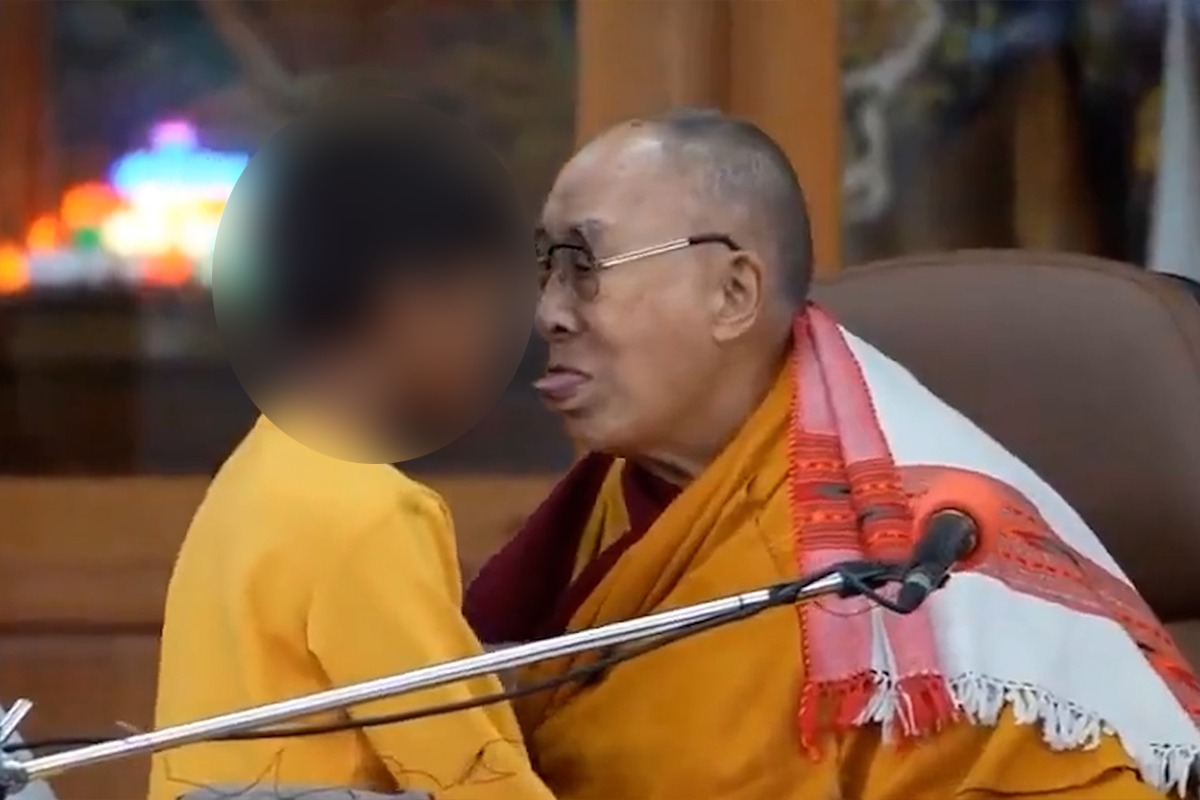The recent video of the Dalai Lama asking a young boy to “suck his tongue” has sparked outrage and rightly so. It is unacceptable for any spiritual leader to make such obnoxious comments or gestures, regardless of their position or religious affiliation. The idea that being a spiritual leader gives one the free pass to make inappropriate comments and get away with it must be scrutinized and challenged.
While the Dalai Lama’s aides have attempted to defend his actions, stating that sticking out one’s tongue is a sign of respect or agreement in Tibetan culture, this does not excuse his behavior. Regardless of cultural norms, asking a child to “suck your tongue” is inappropriate and can be seen as sexual harassment.
Furthermore, this is not the first time the Dalai Lama has sparked controversy with his comments. In the past, he has made sexist remarks and even caused offense by making political statements.
In 2015, the Dalai Lama came under fire for commenting that his successor “can be a woman, but she must be very attractive,” implying that a woman’s physical appearance is a critical factor in her usefulness as a leader. When questioned about these remarks in 2019, he doubled down, stating that an unattractive female successor would not be well-received.
The Dalai Lama once again found himself in hot water in 2018 after suggesting that Jawaharlal Nehru’s self-centeredness prevented Muhammad Ali Jinnah from becoming Prime Minister of India, for which his office later issued an apology.
It is essential to hold spiritual leaders to account for their words and actions, just as we would with any other public figure.
The Dalai Lama’s apology is a step in the right direction, but it is crucial that he takes responsibility for his actions and acknowledges the harm caused by his words. It is also important to recognize that spiritual leaders, like all humans, make mistakes and must be held accountable for their actions. Being a spiritual leader does not give one the license to behave inappropriately or disrespectfully towards others.
In conclusion, the recent incident involving the Dalai Lama highlights the need for greater scrutiny and accountability for spiritual leaders. While we may hold them in high regard, we must also recognize that they are not above criticism or immune to making mistakes. It is essential to challenge and hold them accountable for their words and actions, to ensure that they maintain the respect and trust of their followers.










